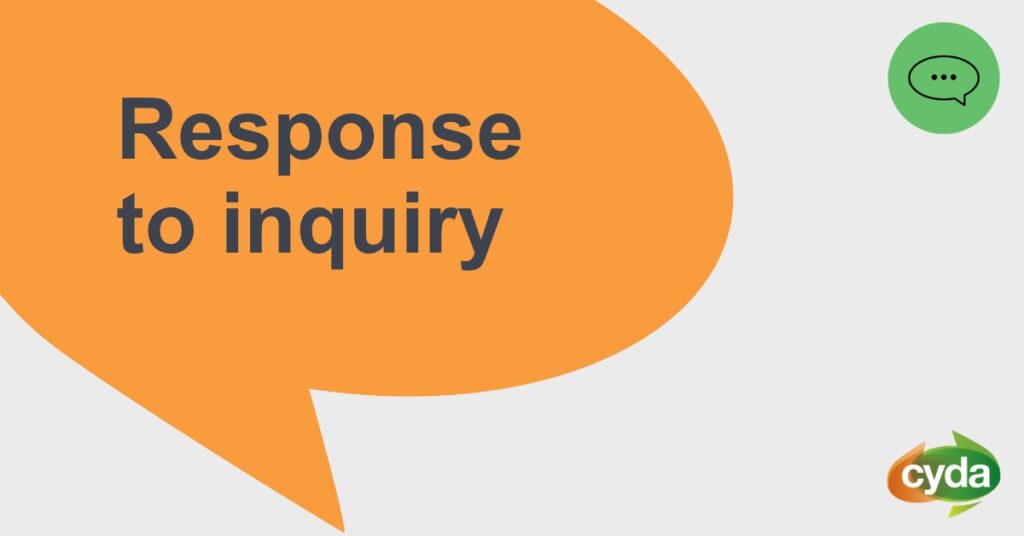Australia’s social security system and the Disability Support Pension (DSP) cannot be fully scrutinised, understood or improved without also examining the experiences of different groups in the labour market, including young people with disability. Young people with disability are forced to rely on income support as their main source of income at a disproportionate rate because of the discrimination and challenges they experience as they are preparing for, and as they transition into, the workforce.
Download our full response using the buttons above.







